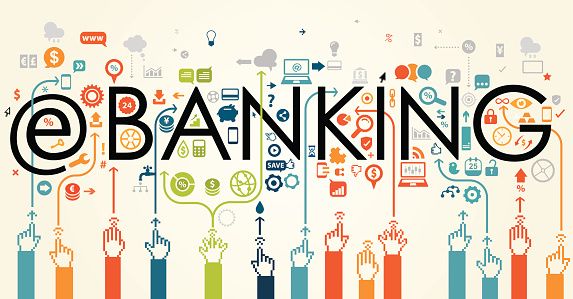Understanding Inflation and Its Current Surge
Inflation is an economic phenomenon where the prices of goods and services increase over time, leading to the erosion of purchasing power. Over the past few years, particularly following the global economic recovery efforts from the COVID-19 pandemic, inflation rates in America have seen unprecedented hikes. Understanding how this affects your financial stability and investment strategies is crucial for navigating the current economic landscape.
Impact on Daily Expenses
The most immediate impact of rising inflation is on your daily expenses. Here’s how:
- Increase in Prices: Goods and services cost more, from groceries to gas. This means that your dollar buys less than it did before, effectively reducing your spending power.
- Rent and Housing Costs: With inflation, housing costs also rise, either through higher rents or increased mortgage rates if they are variable.
- Utilities and Insurance: Similarly, utility bills like electricity, water, and insurance premiums often increase with inflation.
Tips for Managing Increased Living Costs:
- Budget Reassessment: Regularly update your budget to reflect current costs. Look for areas where you can cut back or find alternatives.
- Energy Efficiency: Invest in energy-efficient appliances to lower utility bills.
- Inflation-Proof Decisions: Consider long-term financial commitments like leases or fixed-rate mortgages before inflation gets any steeper.
Effects on Savings
When inflation rates exceed the interest rates on savings accounts, the real value of your savings diminishes:
- Erosion of Savings: If your savings account yields 0.5% interest and inflation is at 6%, you're effectively losing 5.5% in purchasing power each year.
- Opportunity Cost: Money sitting idly in low or zero-yield accounts loses its potential to grow elsewhere.
Strategies for Combatting Savings Erosion:
- Seek High-Yield Accounts: Look for savings or money market accounts offering higher interest rates that might at least keep pace with inflation.
- Reinvest: Reinvest earnings to benefit from compound interest, which can help mitigate some inflation effects over time.
Investment Strategies During High Inflation
Inflation necessitates a review and potential overhaul of investment strategies:
- Stock Market: Equities often outpace inflation. Companies can pass increased costs to consumers, potentially maintaining or increasing profits.
- Bonds: Traditional fixed-income investments like bonds can suffer as inflation rises, decreasing the real return of these securities.
- Real Assets: Investments in real estate, commodities like gold, or other tangible assets can serve as a hedge against inflation since they retain or grow value over time.
- Inflation-Protected Securities: TIPS (Treasury Inflation-Protected Securities) are designed to combat inflation directly by adjusting both the principal and interest payments with inflation.
Investment Tips:
- Diversification: Don't put all your funds in one investment type; diversify across different assets to spread risk.
- Increase Exposure to Growth: Sectors like technology or healthcare tend not only to keep pace with inflation but often exceed it due to innovation.
- Real Estate: Property has historically been a good hedge as it's a tangible asset whose value typically rises with inflation.
Retirement Planning and Social Security
Inflation affects long-term financial planning:
- Retirement Savings: Higher inflation necessitates saving more for retirement to maintain the same standard of living.
- Social Security: While benefits are adjusted yearly for inflation, these adjustments might not always keep up with the actual increase in living expenses.
- 401(k) and IRA Considerations: Evaluate if assets in these accounts are inflation-adjusted or likely to grow with inflation.
Adjusting Retirement Strategies:
- Increase Contributions: Bumping up your contribution rates to retirement accounts can help combat inflation.
- Review Investment Choices: Ensure your portfolio includes assets that can grow above inflation rates.
Long-Term Impact on Wealth Accumulation
The ripple effects of inflation mean:
- Wealth Erosion: Long periods of inflation can significantly erode wealth if not managed properly.
- Strategic Planning: Proactive financial planning becomes essential, incorporating investments that can grow above inflation and adapting to changing economic conditions.
Conclusion
Inflation is not just an economic indicator; it's a fundamental aspect that directly influences how much you pay for life's necessities, the growth trajectory of your savings, and the strategic approach to your investment portfolio. By understanding how inflation works and adjusting your financial behaviors and investments accordingly, you can not only safeguard but potentially enhance your financial well-being even in an inflationary environment. Remember, proactive adjustments now can provide peace of mind and security for years to come.

